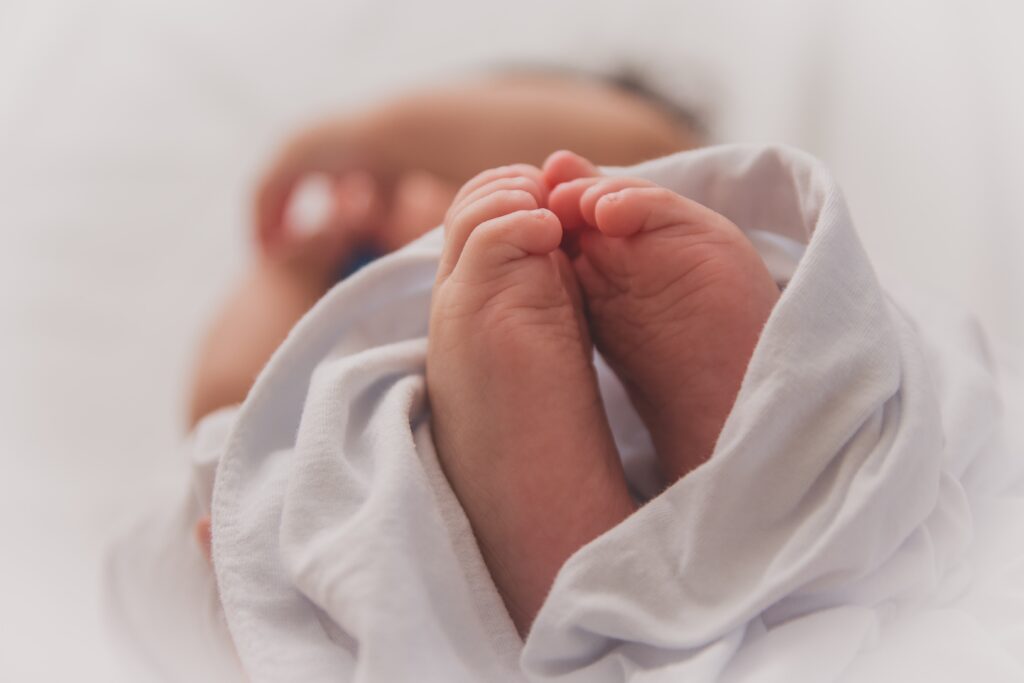Do you know about age and fertility ???
Are you in your 30s and feeling the pressure to start a family? Or maybe you’re wondering if it’s too late now that you’ve hit your 40s. The truth is, age can play a significant role when it comes to fertility.
But don’t worry, we are here to provide you with some valuable insights on how age affects fertility and what measures you can take to increase your chances of conceiving at any stage of life. So, let’s dive into the fascinating world of age and fertility!
Women’s age and fertility
As a woman ages, her fertility declines. This natural decline is accelerated by certain factors, such as smoking, obesity, and advanced age.
While a woman in her 20s has about a 20% chance of getting pregnant each month, that number drops to 5% by the time she reaches 40. And while 90% of 40-year-old women who use IVF are able to become pregnant, only 40% of those who use IVF are able to have a baby.
There are a number of reasons for this decline in fertility. As women age, they are more likely to have abnormalities in their eggs. The older a woman is, the more likely she is to have eggs with too many or too few chromosomes. These abnormal eggs are less likely to implant in the uterus or to develop into healthy embryos.
In addition, the quality of a woman’s eggs declines with age. Older eggs are more likely to be damaged by oxidative stress and inflammation. They are also more likely to have DNA abnormalities that can lead to genetic disorders in offspring.
Finally, the uterine environment also changes with age, becoming less hospitable to implantation and early development. The lining of the uterus thins out and becomes less responsive to hormones that stimulate growth. All of these changes make it harder for a woman to conceive as she gets older.
Women’s age and IVF
It’s no secret that fertility declines with age. But just how much does age affect a woman’s chances of success with in vitro fertilization (IVF)?
According to a large-scale study published in the journal Human Reproduction, the answer is quite a lot. The study found that the chance of achieving a live birth via IVF decreases by about 12% for every five-year increase in a woman’s age.

So, for example, a 40-year-old woman has about half the chance of having a baby via IVF than a 35-year-old woman. And a 45-year-old woman has only about one-third the chance of a 35-year-old.
These findings are in line with other research on age and fertility, and they underscore the importance of starting a family sooner rather than later. Of course, there are many factors that affect an individual woman’s chances of success with IVF, including her overall health, her egg quality, and her reproductive history. But age is still an important factor to consider when making decisions about fertility treatment.
Women’s age and pregnancy complications
As a woman ages, her risk of developing certain complications during pregnancy increases. These include gestational diabetes, preeclampsia, and placenta previa. Women over the age of 35 are also more likely to experience a miscarriage.
If you are pregnant and over the age of 35, it is important to talk to your doctor about the potential risks and how to manage them. There are many steps that can be taken to reduce the chances of complications, such as eating a healthy diet, getting regular exercise, and avoiding smoking and alcohol.
Men’s age and fertility
There is a common misconception that fertility declines with age in men, just as it does in women. However, this is not necessarily true. While it is true that a man’s sperm count declines with age, this does not mean that he will be unable to father a child.
In fact, a study published in the journal Human Reproduction found that older men were just as likely to father a child as younger men. The study looked at data from over 6,000 couples who were trying to conceive naturally. The researchers found that the success rate was the same for men aged 18-25 and those aged 40-45.
So, while a man’s fertility may decline with age, it doesn’t mean that he will be unable to have children. If you’re trying to conceive, don’t despair if you’re over 40. There’s still a good chance you’ll be successful!

Final Notes
As you age, your fertility changes. Your eggs decrease in number and quality and your uterine lining thins, making it harder for an embryo to implant. These changes happen gradually, which is why many women in their early to mid-30s are still able to conceive without difficulty. However, fertility does decline more rapidly after age 35. By age 40, your chance of conceiving (even with fertility treatment) is only about half what it was at age 30.
If you’re over 35 and having trouble conceiving, talk to your doctor about fertility testing and treatment options. Don’t wait too long to seek help – the sooner you get started, the better your chances of success will be.

